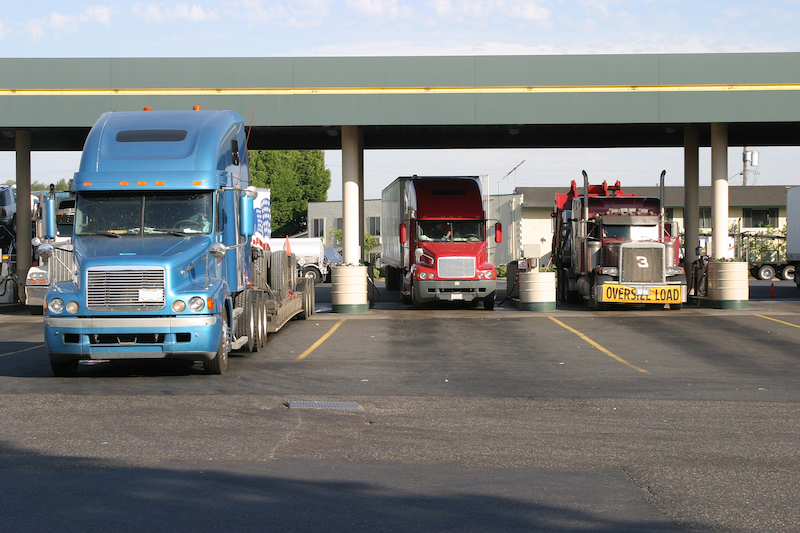
Considerations for Bulk Fuel Purchasing
With fuel being a top expense for fleets, determining the most cost-effective purchasing method to fuel your vehicles and equipment requires careful consideration. While there’s no common “one method...
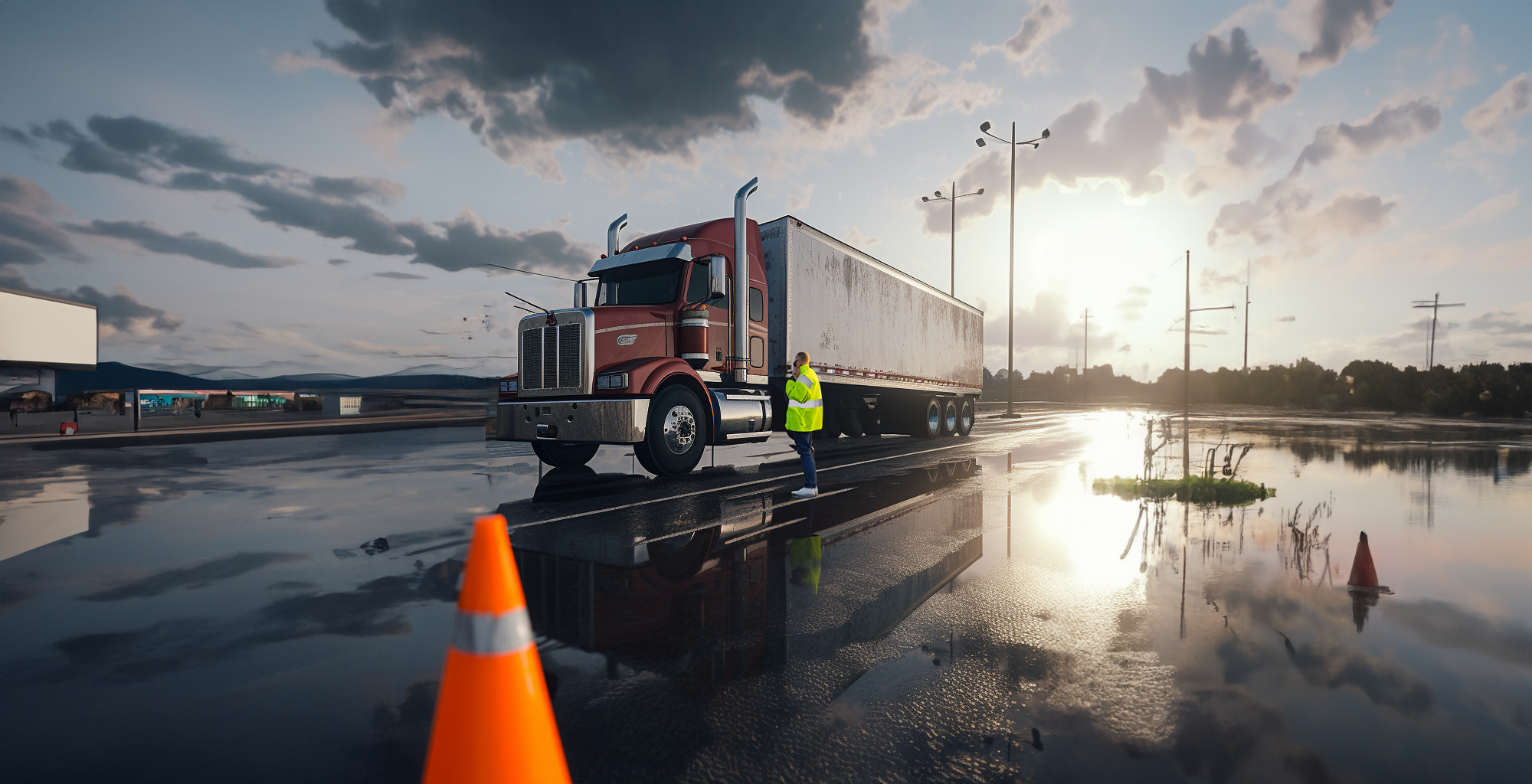

With fuel being a top expense for fleets, determining the most cost-effective purchasing method to fuel your vehicles and equipment requires careful consideration. While there’s no common “one method...
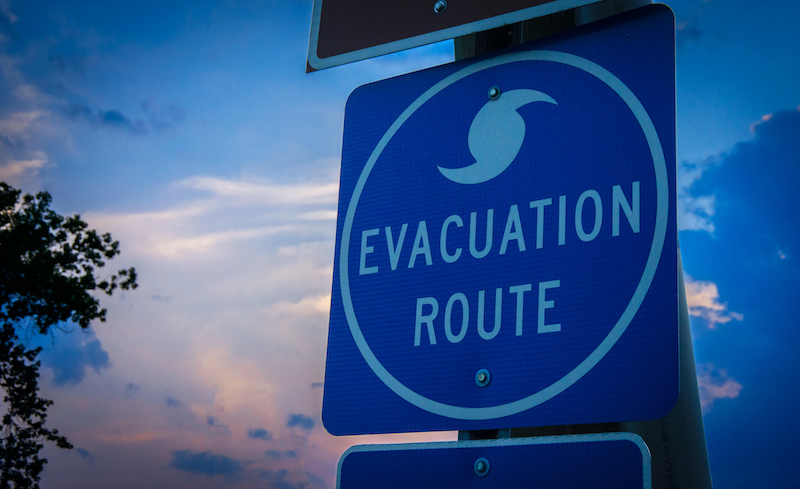
As if fleet managers don’t have enough on their plate dealing with the ongoing impact of the COVID pandemic on their fleet operations, along comes the 2021 Atlantic hurricane season, which officially...
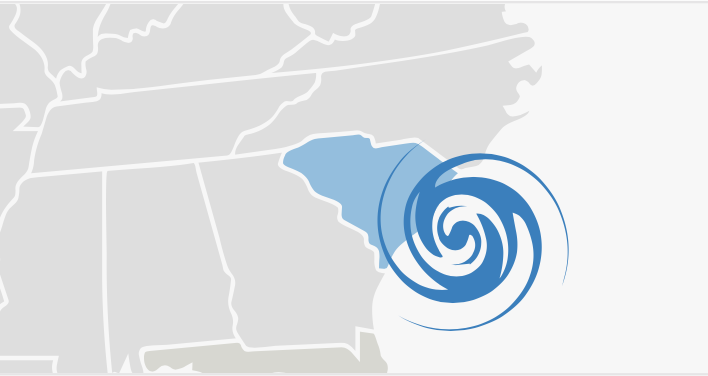
The 2020 hurricane season brought record-breaking storms that swept through the Atlantic region, causing miles of power outages, floods, and mass destruction. Understanding previous hurricane...
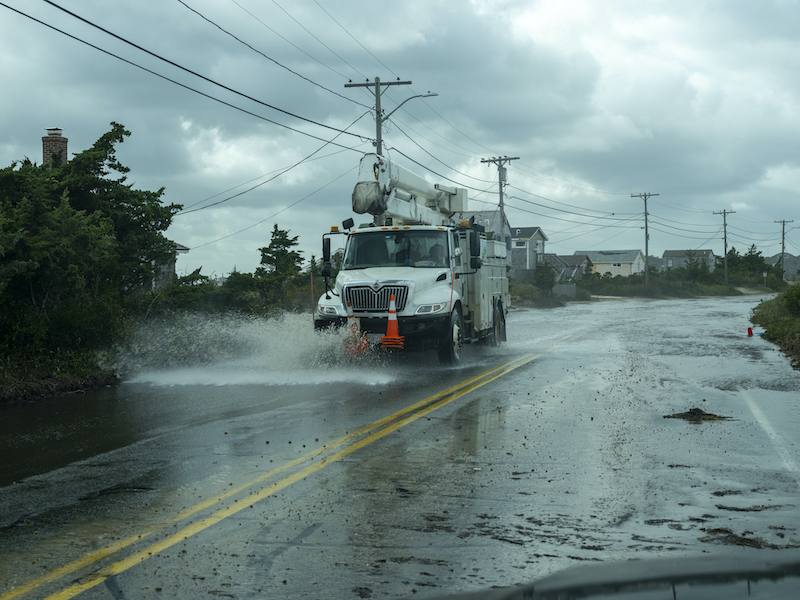
No matter how many preventative measures you take to protect your business from unexpected events, some things are simply beyond your control. Among those are power outages caused by weather events,...
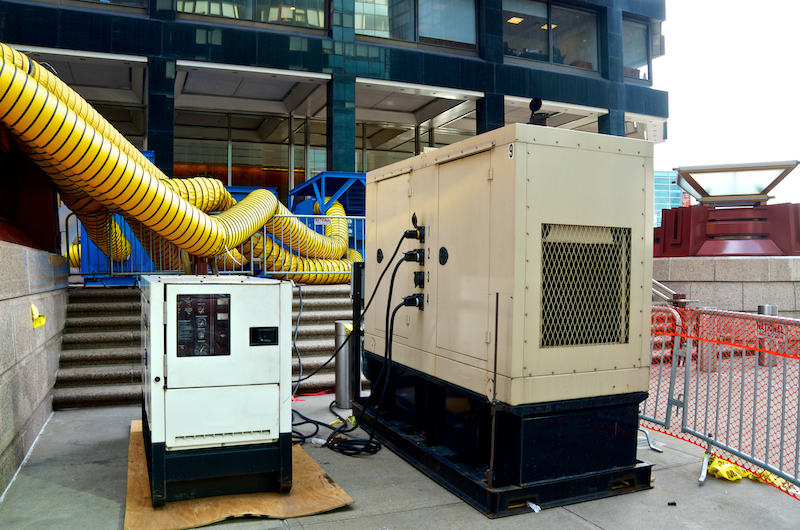
Unexpected events usually lead to unforeseen expenses. However, there are a few steps you can take to protect your business from them. The most obvious step is selecting the right insurance coverage...

In the energy markets, all sorts of unpredictable happenings – including natural disasters, world crises, weather interruptions, political upheaval, refinery shutdowns, and pipeline failures -- can...
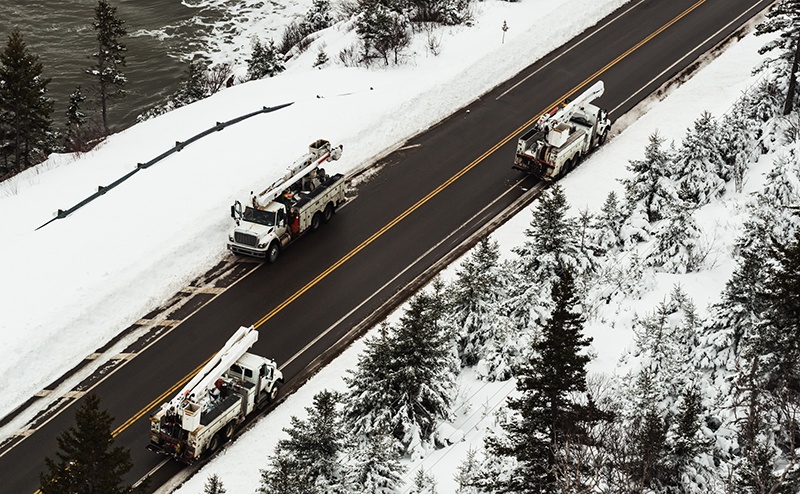
In mid-October, The National Oceanic and Atmospheric Administration (NOAA) released its annual winter outlook for December through February, and the good news is that a mild winter with drier...